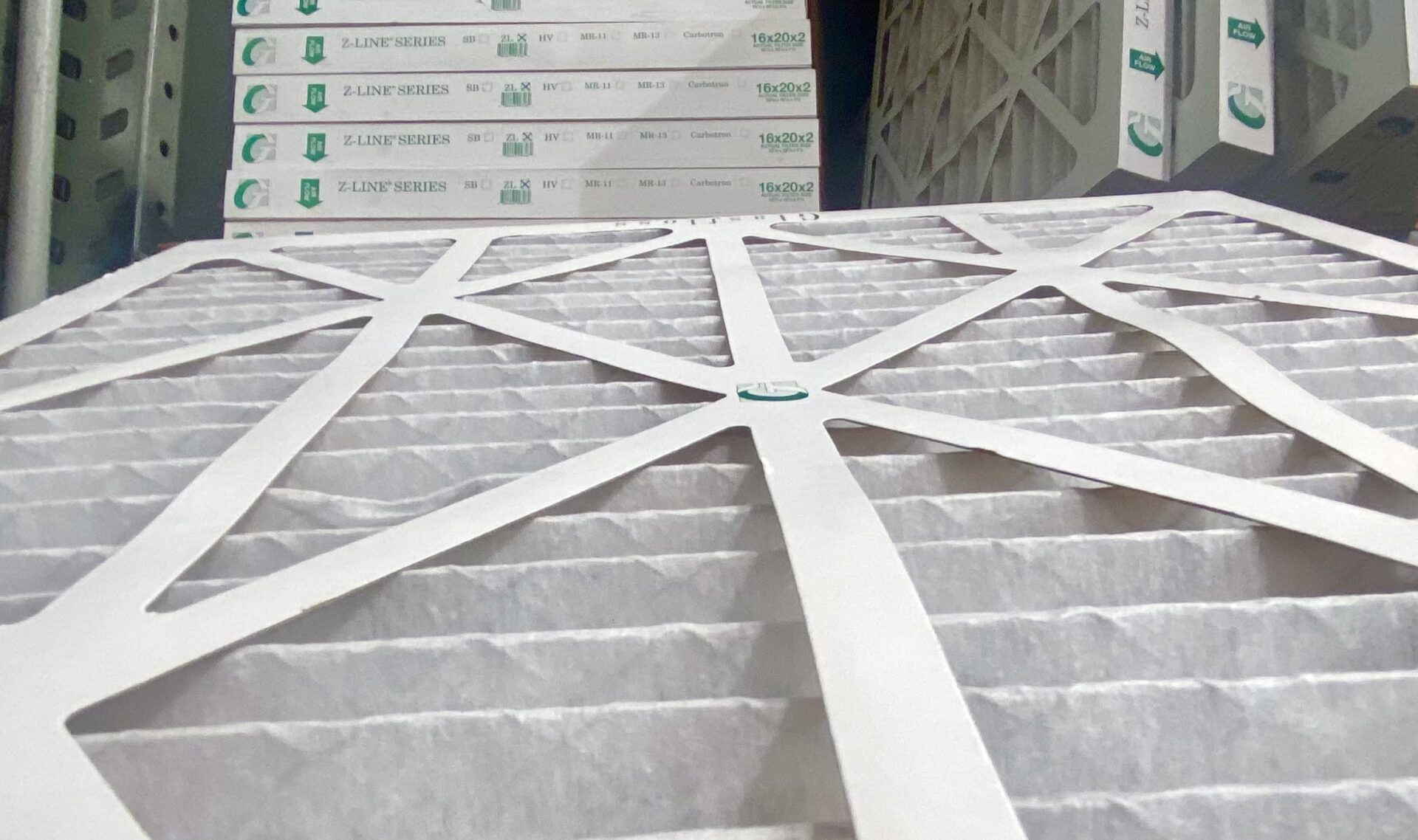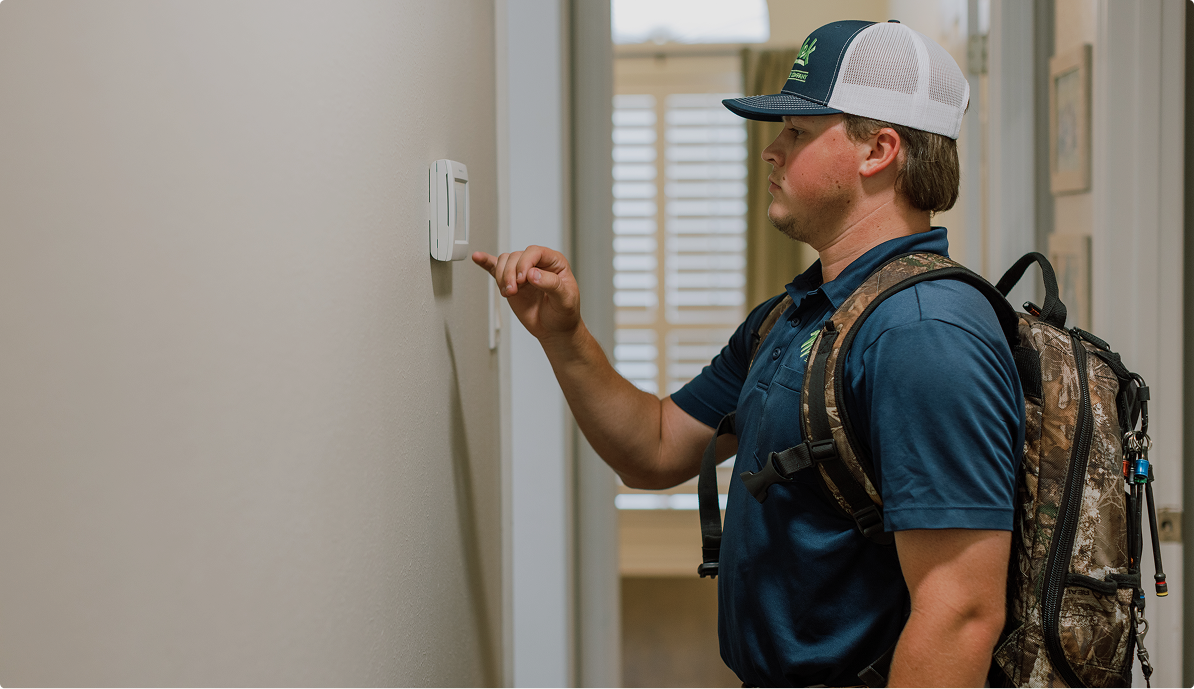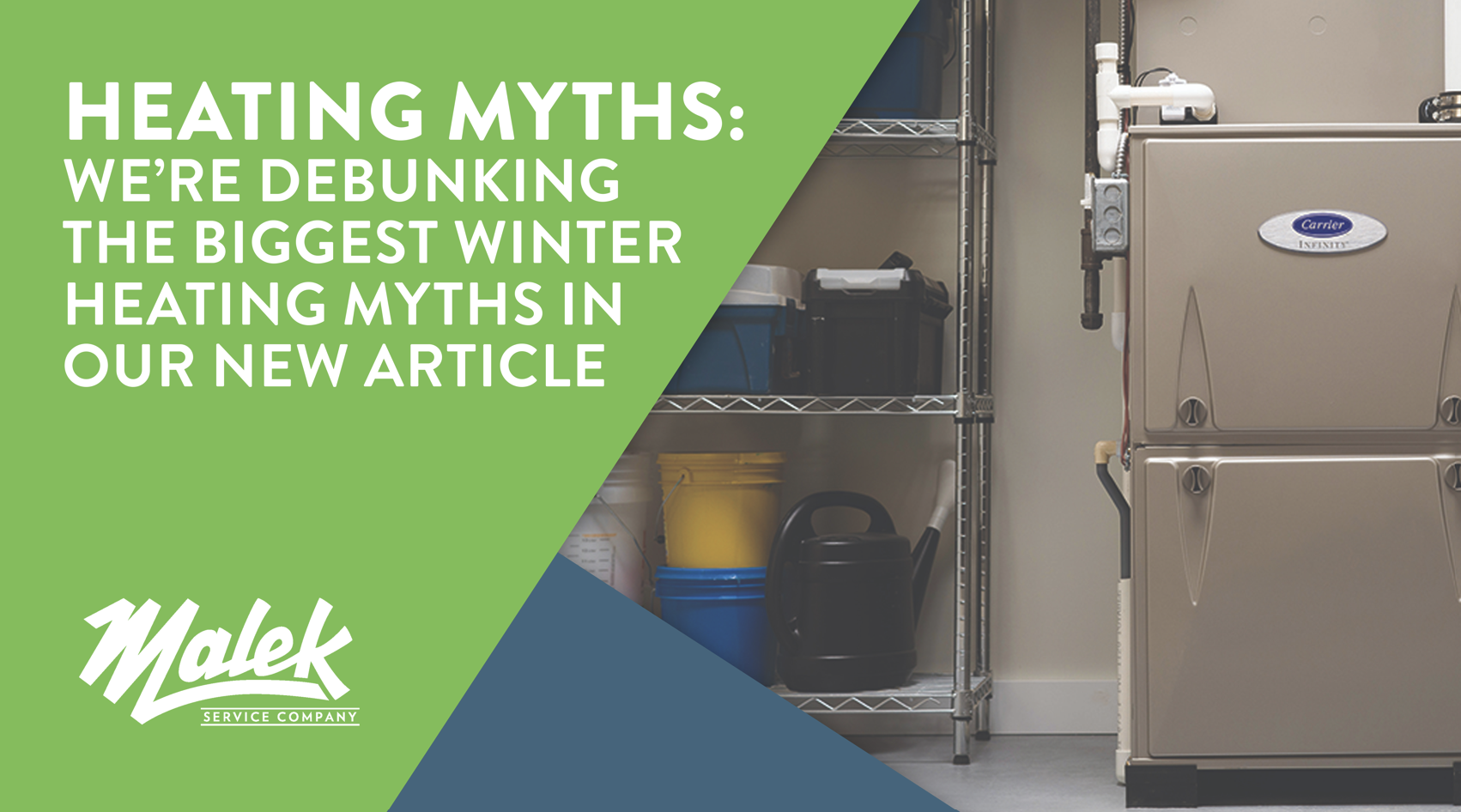Do I Really Need Air Filters?
Everything you need to know about air filters
By Hannah Brennan
What do HVAC air filters really do?
Air filters are necessary to ensure clean, filtered air flows throughout your home. These filters keep debris, allergens, and pollutants out of the air. They trap the particulate matter, some of which are unhealthy to inhale, like microorganisms, droplet nuclei, and spores from fungi.
The Environmental Protection Agency found the concentration of air pollutants inside a home can be 2 to 5 times more than concentrations outdoors. Therefore, “fresh air” in your home depends on a clean filter!
A clean filter will also protect your indoor air conditioning unit. High quality filters prevent dust and debris from both your home and home system equipment. Without a clean filter, the debris will entire the systems and cause break downs over time.
What type of filter do I need?
There are different types of filters to choose from for your home’s air care: pleated, fiberglass and electrostatic. While all are effective filters, they excel in different areas.
Pleated filters are great at catching smaller debris due to the surface area and pleats along the filter. Pollen, pet hair, and bacteria are more likely to be trapped in a pleated filter, making it a better choice for allergies or asthma sufferers. Typically, these filters can last up to 90 days, or 3 months, depending on your residence and lifestyle.
(The cardboard around pleated filters is recyclable! But, be sure to throw the dirty part of the filter in the trash.)
Fiberglass filters are more equipped for larger particles like dust and lint. However because of the smaller surface area, they allow for better airflow when changed regularly. These filters need to be replaced every 30 days to maintain their efficiency and effectiveness.
Electrostatic, or washable, filters are reusable and sometimes considered permanent. The fibers are electrostatically charged, so when particles come into contact with them, particles are attracted and stick to the filter. However, because larger particles cling so easily, the fibers become insulated by dust quickly and won’t be able to attract particles as well. Therefore, these filters need to be thoroughly cleaned every 30 days.
What size do I need?
The simplest way to find the filter size is to look at the filter already installed. The dimensions of the filter will be displayed on the side as (width x length x depth). There are two measurements that sometimes cause confusion, the nominal and actual sizes.
Nominal → this size is rounded up or down to the nearest whole number in order to make it easier to track dimensions for replacement
Actual → the actual size of a filter
If you cannot find dimensions on your filter, simply measure it as (width x length x depth)
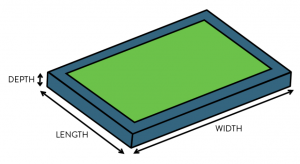
In the case where you don’t have an old filter to reference, you can take measurement of the actual vent. Since filters typically are rounded up with nominal numbers, you will easily be able to find a filter that fits correctly.
How often should I replace my air filters?
According to the U.S. Department of Energy, consistently clean air filters can save around 5 to 15% on energy bills. Oppositely, if you leave dirty filters, the dust and debris can actually back up into your AC system and reduce your entire system’s efficiency. Things like your duct work, blower, furnace and air conditioner are prone to get dirty and deteriorate more quickly this way, ensuring a hefty cost later.
In addition to the type and size of your filter, lifestyle also affects filter replacement frequency. For example, pet owners should consider switching air filters more frequently. Pet hair can quickly clog air filters, encouraging a filter change after just 2 months, depending on the pet.
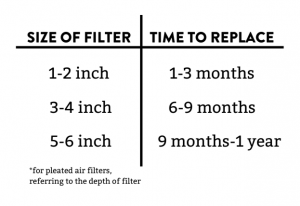
What is a MERV rating?
MERV, or Minimum Efficiency Reporting Value, is the chart that rates filters based on their ability to capture particulate matter. It is a numerical scale from 1 to 16 developed by the American Society of Heating, Refrigerating, and Air Conditioning Engineers (ASHRAE). The higher the MERV rating, the better the filter is at trapping smaller particles.
However, the higher the MERV rating doesn’t necessarily mean the better it is for your unit. The MERV scale was created to find the best balance between air quality and energy efficiency. For instance, the recommendation for most homes is between 8 to 13 on the scale.
When buying filters, the MERV rating should be easily visible on the packaging so you can make an informed decision on your home’s air quality.
Malek Service Company’s Filter Program
Have peace of mind your filters stay clean with our 1 year filter program. For just $150 a year, one of our certified technicians will change your filter every 6 months.
*Includes 1″ and 4″ filters, priced per HVAC unit, electronic filters not included
Air filters are necessary to keep your home’s air free of debris and your AC working at maximum efficiency. Check out our blog on other ways to keep clean air in your home here.
For questions or concerns about your home’s air quality, call our office at (979) 776-2222. At Malek Service Company, our certified technicians can provide you with an air quality test and expertise in HVAC and ductwork.
